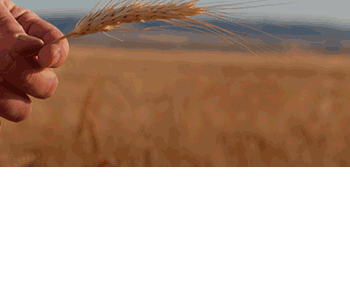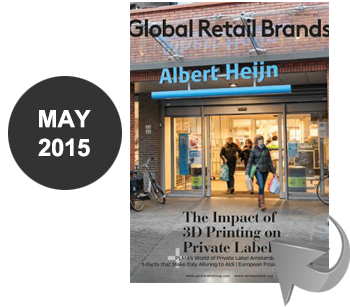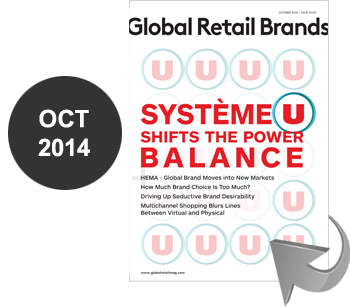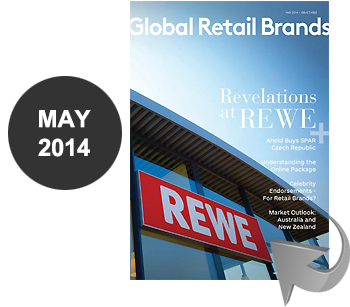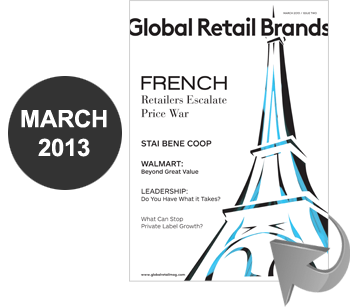
The amount of croissants I had consumed in the past week shouldn’t be legally allowed. Paris was feeding me an endless plate of macarons, creme brûlée, and chocolate crêpes; how could I refuse? I had to start running again. But as I dodged old ladies walking their dogs, school children twirling their backpacks, and the inevitable sidewalk café, I couldn’t help but wonder: where are all the other runners?
By / ALEXANDRA Creange
I never encountered another runner, or anyone else who seemed to be exercising for that matter. I could feel the locals staring at me, and naïvely thought it was because of my neon shorts. After a few more eerily similar running experiences, I stopped. No one else in Paris was exercising, so why should I? I was determined to discover the French secret to staying slim while consuming a diet full of, well, everything I had ever learned was bad for you.
As I became more familiar with everyday life in France, I realized that the French “secret” for staying thin was really no secret at all. Learning to eat like a Parisian, walk like a Parisian, and carry groceries up six flights of stairs like a Parisian, taught me the fundamental differences between American and French lifestyles. One faces an obesity epidemic while the other remains perfectly healthy.
The French Chose Celebration, The Americans, Guilt >>
The French have a profound love for food. On the surface, it seems as though they should be the ones with the obesity problem. They however view their food very differently than Americans. According to the American ‘gospel of naught’, Dr. Abigail Saguy, a sociologist from UCLA, claims that American meals are deemed good or bad based, not on what they contain, but what they lack. Instead, the French place their focus on “pleasure”. This key difference stems from the dissimilar “food cultures” Saguy suggests exist in both countries. In a poll, when asked to associate one word with “chocolate cake”, the French chose words such as “celebration”, while Americans chose “guilt”. But this hedonistic approach to food still seems a little fishy (pun intended). All this indulgence can’t possibly lead to healthy eating, can it?
After a long day touring the meandering halls and endless gardens of Versailles, my friends and I were starving. Back in Paris, we strolled up to the first restaurant we found. Couples toasted drinks and teenage girls smoked endless cigarettes, as businessmen unabashedly stared, pretending to sip their coffee. We were greeted with a “bon apres-midi” and promptly seated. We ordered water and asked to see a dinner menu. “Dîne?” the waiter looked at us as though we had asked him to walk on water, “No c’est possible”. Not possible? It was four o’clock in the afternoon, it’s not like we were asking for breakfast.We exchanged confused glances.
In America, if you’re hungry at four, you can eat dinner at four. And if you’re hungry at eleven, you can eat dinner then too. This approach is absolutely unheard of in France. Such an unstructured way of eating would be considered an abuse of food. When it comes to maintaining an eating schedule, their attitude is anything but lassiez-faire.
So enjoyment, appreciation, and tradition seem to be the “secrets” of the French diet. Why is it that Americans can’t adhere to this rather delightful trifecta? If we follow the French, it seems as though all we need to do is eat whatever we want in moderation around the same scheduled times each day. Sounds easy enough.



